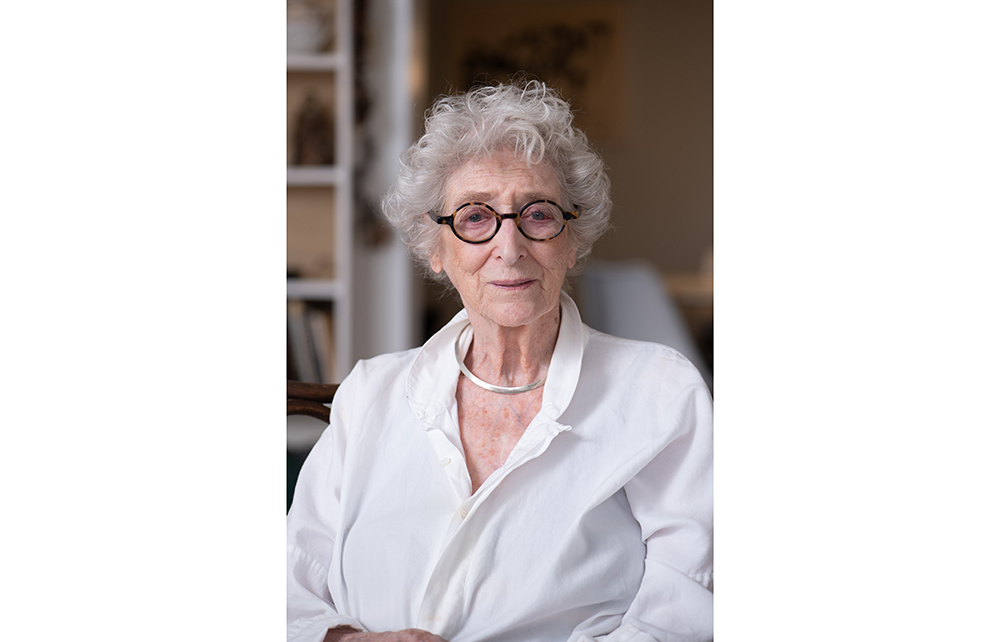In Lore Segal’s An Absence of Cousins, Nat Cohn, a fellow at the Concordance Institute, a small college in Connecticut, browses through a children’s novel during a staff meeting and exclaims: ‘We don’t write stories like this any more. Chronic plot deficiency is our problem.’
The problem for contemporary novelists is that tightly woven plots of cause and effect belie the way their readers experience the world. Like her compatriot Elizabeth Strout in Olive Kitteridge and Olive Again, Segal addresses it by featuring a single protagonist, Ilka Weisz, a young Austrian émigrée, and various recurring subsidiary characters, in a series of closely interlinked stories.
Many of these first appeared in the New Yorker and all were collected in Shakespeare’s Kitchen (2008) – the Shakespeare in question being either Leslie, the Institute’s director, or Eliza, his brash, outspoken wife, who take Ilka under their wing when she moves to Concordance from New York. Segal’s choice of the less snappy title for this reissue underscores her intention to focus on her central theme: the need to cultivate a broad network of friends and acquaintances who fulfil the roles traditionally played by extended families.
She carefully delineates the smalltown Connecticut setting while leaving the period vague, although, given that Ilka left ‘Hitler’s Europe’ at the age of seven and has a baby around the time the Institute installs its first computer, it is safe to assume that it’s the mid- to late-1960s. This is a time when the Institute staff and their friends are free to enjoy long, boozy gatherings in the middle of the working day, and their most distinguished colleague, the Nobel laureate Winterneet, is so often absent from his desk that Ilka starts to wonder whether he actually exists.
Winterneet, who does eventually make a brief appearance, is just one of the richly eccentric characters – Institute members, their wives, children and students, not to mention a conscience-pricking dog – whom Ilka encounters in Concordance. Most memorable of all is Gerti Gruner, a fellow Viennese refugee, whom Ilka shuns, seemingly because she reminds her too much of herself.
The tone shifts in the later section of the book when adultery, death and echoes of the Holocaust and Hiroshima enter its pages. But Segal’s precise, witty prose and boundless empathy ensure that, even at its darkest, Ilka’s world of ‘elective cousinship’ is one filled with enchantment.







Comments